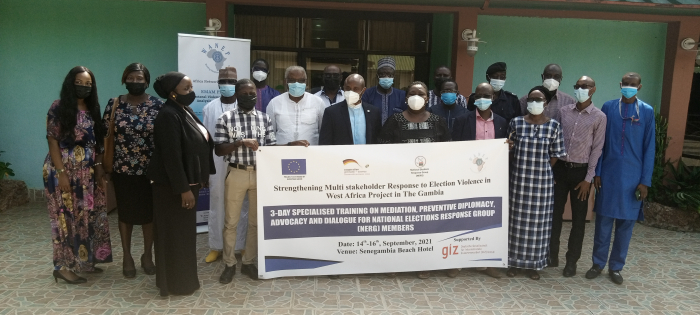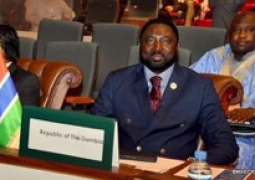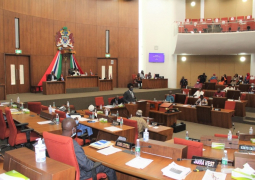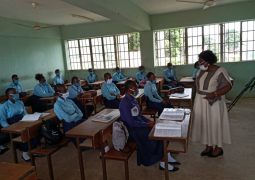
The training is expected to hone the knowledge and skills of NERG members in mediation, dialogue and preventive diplomacy techniques, and also build their knowledge on election dispute management and preventive mechanisms.
At the ceremony, Dr David Tommy, chairman of NERG explained that handling issues diplomatically is something very important, saying during the training they are expecting to strengthen knowledge and skills of participants to be able to handle elections and to be able to effectively support the prevention and mitigation of election related-crime.
He indicated that among the responsibilities of NERG is to discuss, develop, recommend and respond to violent threats in elections, adding that NERG will ensure that the response strategies are in tandem with electoral laws, sensitive to human security and adhere to ethics and best practices of conflict prevention and dispute management.
For her part, Salaman Njie, project Coordinator WANEP-The Gambia, recalled that for the past three months they have been very much engaged and were able to come up with standards operating procedure (SOP).
“Last week we released our first situational report which is already shared with our partners. The December 2021 will have profound consequences on the democratic trajectory and consolidation of the game of the 2016 regime change. The threats and potential for violence conflict is eminent as politicians continue to use ethnicity as a mechanism for voters’ mobilisation.” she said.
She observed that despite the ongoing transitional justice processes and other reforms advances, established with the aim of strengthening efforts to ensure a peaceful transitional process, there still remain challenges in terms of peace and security, which she said, in the long run can threaten the peaceful conduct of election.
“That makes the December 4th election a very critical juncture for peace and stability in the country. It is in view of this high stakes and strategic importance that WANEP as part of its effort to contribute to strengthening regional and national capacities that enhances peaceful electoral system and political stability in West Africa including the Gambia.”
While thanking their sponsors, Njie also expressed optimism that at the end of the three-day training, participants would be armed with the much-needed skills to effectively contribute to election related conflicts at both local and national levels before, during and after the elections.




